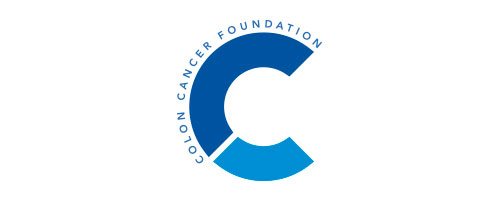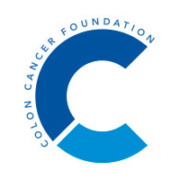Pembrolizumab Approved as First-Line for MSI-H/dMMR Metastatic CRC
At the virtual American Society of Clinical Oncology (ASCO) annual meeting in May/June 2020, promising results from the interim analysis of phase 3 data from the KEYNOTE-177 trial were presented during the plenary session. First-line treatment of a subset of patients with metastatic colorectal cancer (mCRC) with the immunotherapy drug pembrolizumab doubled the median progression-free survival (PFS) compared to patients treated with standard-of-care chemotherapy. This has now led to an FDA approval for the drug.
Trial Results
KEYNOTE-177 was designed as a global, multicenter, open-label, active-controlled, randomized trial that compared treatment of 307 previously untreated patients with microsatellite instability-high (MSI-H) or mismatch repair deficient (dMMR) mCRC. Mismatch repair is an inherent property of cells that allows them to correct DNA replication errors, and dMMR cell lack this process, resulting in mutations in the DNA. dMMR cells with alterations in short, repetitive DNA sequences are called MSI-H. Patients were randomized to receive first-line pembrolizumab alone at 200 mg every 3 weeks for up to 2 years or investigator’s choice chemotherapy: FOLFOX (fluorouracil [5-FU], leucovorin, and oxaliplatin) or FOLFIRI (5-FU, leucovorin, and irinotecan) every 2 weeks, with or without bevacizumab or cetuximab.
This was a crossover trial, meaning patients on chemotherapy could cross over to receive pembrolizumab for up to 35 cycles if their disease had progressed. Primary end points were PFS and overall survival (OS); objective response rate (ORR) was the secondary endpoint.
Median PFS was 16.5 months in the pembrolizumab group and 8.2 months in the chemotherapy group. Pembrolizumab showed a 40% reduction in the risk of disease progression (P=0.0002); PFS rates were 55% vs 37% for pembrolizumab vs chemotherapy, respectively, at 12 months, and 48% vs 19%, respectively, at 24 months. ORR were 43.8% and 33.1%, respectively. While the median duration of response was 10.6 months for chemotherapy (2.8-37.5 months), it had not been reached with pembrolizumab (2.3-41.4 months). Complete responses were achieved in 11.1% and 3.9% patients receiving pembrolizumab vs chemotherapy, partial responses were achieved in 32.7% vs 29.2%, respectively.
Only 22% of patients in the pembrolizumab arm had treatment-related adverse events (TRAEs) compared to 66% in the chemotherapy arm. One TRAE death was reported in the chemotherapy arm.
The study is ongoing and OS data are expected to be presented at a later time.
FDA Approval
The above results have led to the FDA approval of pembrolizumab in previously untreated patients with MSI-H/dMMR mCRC. Importantly, this is the first immunotherapy to receive FDA-approval as first line of care in this patient population.




Leave a Reply
Want to join the discussion?Feel free to contribute!